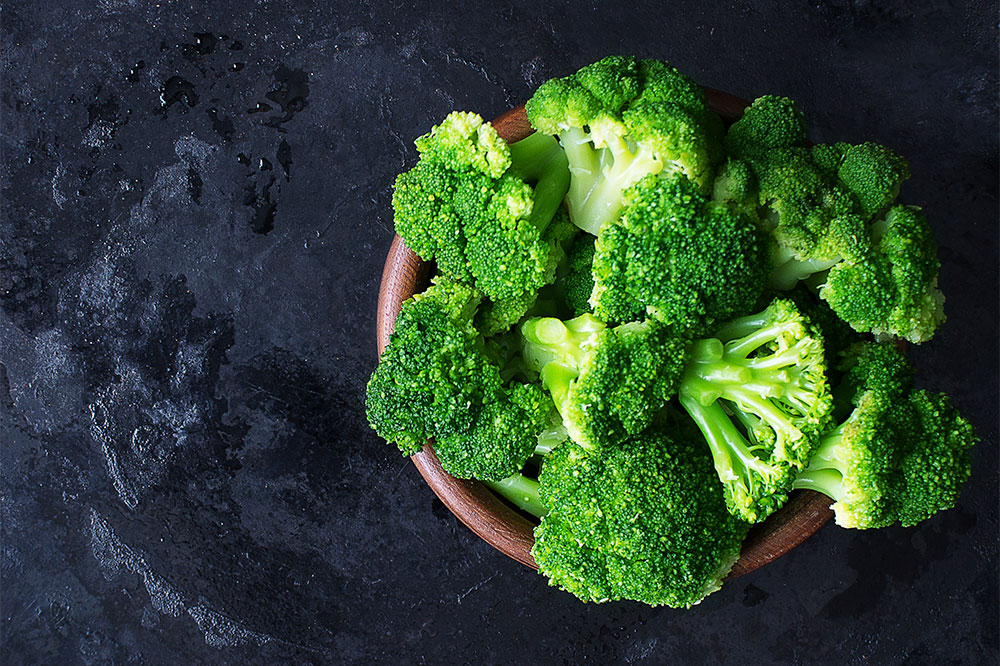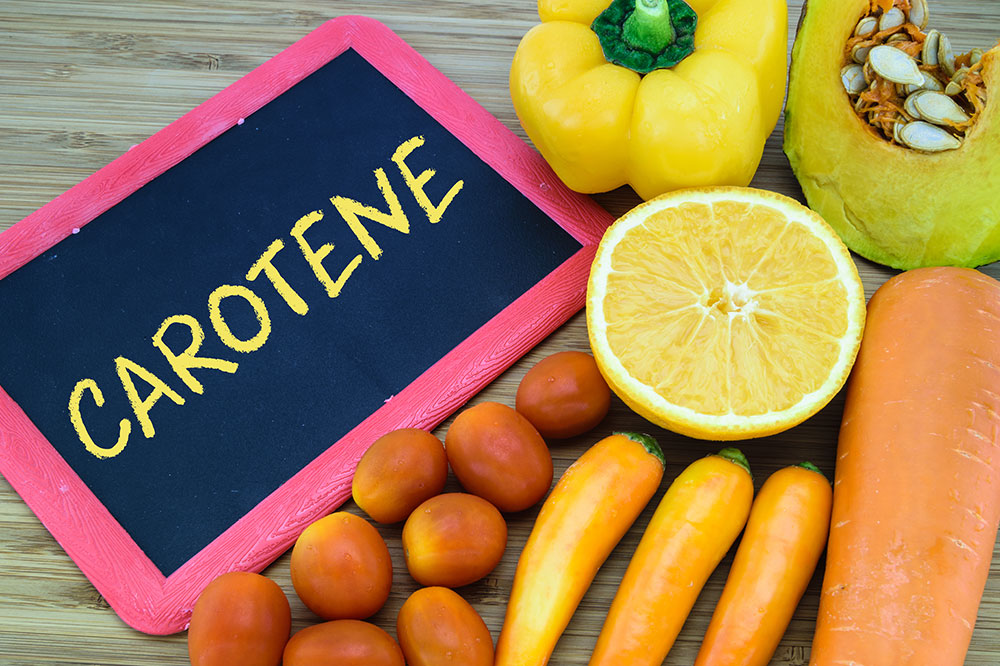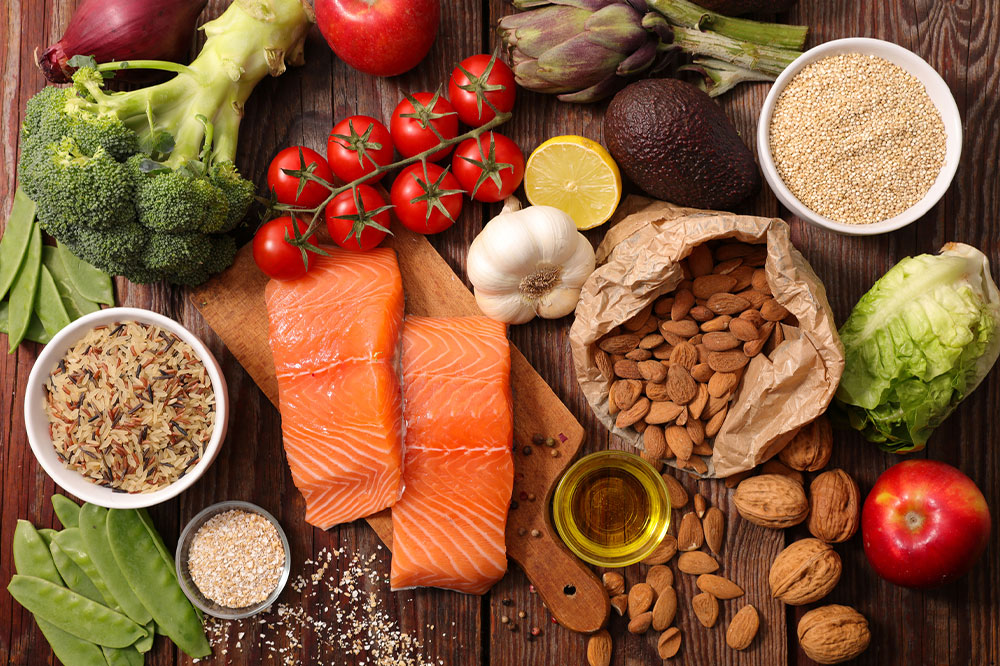Comprehensive Guide to Dietary Strategies for Cancer Prevention and Management
This comprehensive guide offers essential dietary strategies for cancer prevention and management, highlighting foods to limit and include in your diet. It discusses the impact of lifestyle on cancer risk, the benefits of specific protective foods like olive oil, garlic, and broccoli, and the role of medical treatments such as Venclexta and Nerlynx. The article emphasizes the importance of balanced nutrition, lifestyle adjustments, and medical supervision to enhance well-being and support cancer therapy.

Essential Nutritional Tips to Reduce Cancer Risk and Support Treatment
Maintaining proper nutrition is vital for promoting overall health, boosting the immune system, and lowering the risk of developing various types of cancer, including chronic lymphocytic leukemia (CLL) and small lymphocytic lymphoma (SLL). While there is no specific diet that can prevent or cure these cancers outright, evidence strongly suggests that certain dietary choices can support immune function and potentially reduce risk factors associated with these diseases.
Canadian and international health authorities emphasize the importance of balanced diets rich in protective foods and low in harmful substances. This comprehensive guide explores key dietary recommendations, highlighting foods to limit and incorporate into your daily intake to optimize health and reduce the likelihood of cancer development.
Foods to Limit or Avoid for Cancer Prevention
Research indicates that certain types of foods are associated with increased cancer risks. Limiting or avoiding these can be an effective part of a cancer-preventive dietary strategy:
Red and Processed Meats: Foods such as salami, ham, beef jerky, sausages, and other processed meats often contain preservatives, nitrates, and additives linked to higher cancer risks. Several large studies associate frequent consumption of processed red meats with increased incidence of colorectal and stomach cancers. Opting for lean, unprocessed meats or plant-based protein sources can help mitigate this risk.
Alcohol Consumption: Excessive alcohol intake has been linked to multiple types of cancer, including cancers of the mouth, throat, esophagus, liver, breast, stomach, and colon. The risk varies with consumption patterns, and limiting alcohol or abstaining altogether can significantly lower risk. Moderate drinking may be considered acceptable within recommended guidelines, but for cancer prevention, less is generally better.
Refined Carbohydrates and Sugary Foods: Foods high in processed sugars and refined grains such as white bread, pastries, sugary cereals, and soft drinks promote inflammation and oxidative stress, both of which contribute to cancer development. Consuming a diet high in whole grains, fruits, and vegetables instead can provide fiber and antioxidants that combat these harmful processes.
Foods That Support Cancer Prevention
Incorporating specific foods into your diet can enhance your body's defenses against cancer. These foods are rich in antioxidants, phytochemicals, and other beneficial compounds:
Extra Virgin Olive Oil: Extracted from olives through cold pressing, extra virgin olive oil is loaded with antioxidants, including polyphenols and oleocanthal. These compounds have anti-inflammatory properties and may lower the risk of breast, digestive, and other cancers. Regular use of olive oil in cooking and salad dressings can promote cardiovascular health as well.
Garlic: Known for its distinctive aroma and flavor, garlic contains allicin—a sulfur compound with demonstrated anti-cancer effects. Scientific studies suggest garlic consumption can decrease the risk of stomach, colon, and prostate cancers. Including raw or cooked garlic in meals can be a simple way to improve your diet’s protective qualities.
Cruciferous Vegetables like Broccoli: Vegetables such as broccoli, cauliflower, Brussels sprouts, and kale are rich in glucosinolates, sulfur-containing compounds that activate detoxifying enzymes. Regular consumption of these vegetables has been associated with a lowered risk of various cancers, including breast, lung, and colon cancers. Incorporating these into your meals provides fiber, vitamins, and phytochemicals essential for cancer prevention.
Cancer Treatments and Medications
While lifestyle and diet play significant roles in cancer prevention, medical treatments are essential for managing diagnosed cancers. Two notable drugs used in contemporary cancer therapy include:
Venclexta® (venetoclax): This targeted therapy works by inhibiting specific proteins in cancer cells, leading to their death. Venclexta is particularly effective for chronic lymphocytic leukemia (CLL) and small lymphocytic lymphoma (SLL). It is often prescribed in combination with rituximab to improve efficacy and is also used in certain cases of acute myeloid leukemia (AML).
Nerlynx® (neratinib): An oral kinase inhibitor, Nerlynx is used primarily for HER2-positive metastatic breast cancer. It’s effective in both early and advanced stages, helping to slow disease progression. This drug is part of a broader targeted therapy approach, often combined with other treatments tailored to individual patient profiles.
It's important to note that ongoing medical supervision and personalized treatment plans are crucial for cancer patients. Nutritionists and oncologists often work together to develop integrated care strategies that include diet, medication, and lifestyle adjustments to optimize outcomes.
In summary, adopting a balanced, nutrient-rich diet coupled with healthy lifestyle choices can play a significant role in cancer prevention and management. Limiting processed foods, reducing alcohol intake, and incorporating protective foods like olive oil, garlic, and cruciferous vegetables can bolster your immune system and reduce your risk of developing cancer. When combined with appropriate medical treatments, these strategies can improve quality of life and treatment success.





